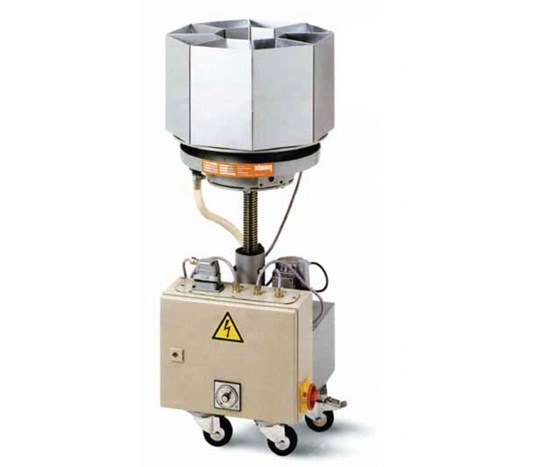More Productivity through Reduced Scrap
The Schwanog selector system is designed to improve random inspections of series parts.
Chris Felix
Former Editor-in-Chief, Production Machining
The market for precision parts for automobile, aerospace and other sectors is mainly characterized by medium-size and large batches. With such work comes increased demand for quality and zero-error tolerance, along with the challenge of locating bad parts without losing an entire run (particularly regarding untended operations that are not sorted/inspected for longer periods of time).
Schwanog is showcasing its selector system, which was developed to considerably improve random inspection of series parts. Production batches are checked by a sophisticated control principle, saving a considerable amount of time and reducing the sorting costs of faulty parts to a minimum. The system is available in both standard and SPC inspection versions.
During operation, the system partitions production batches into smaller units using selector bins. The non-contact scanning system is a counting device, capturing the total number of parts and number of parts per bin. If inaccurate parts are found, parts in previous bins may still be correct and can be sorted separately to reduce the number of scrapped parts.
The bins are available in cylindrical and segment designs, with the bottoms made from perforated sheet metal for oil drainage. Booth visitors can view the bin system’s indexing table that is passed through the part chute of the production unit.




